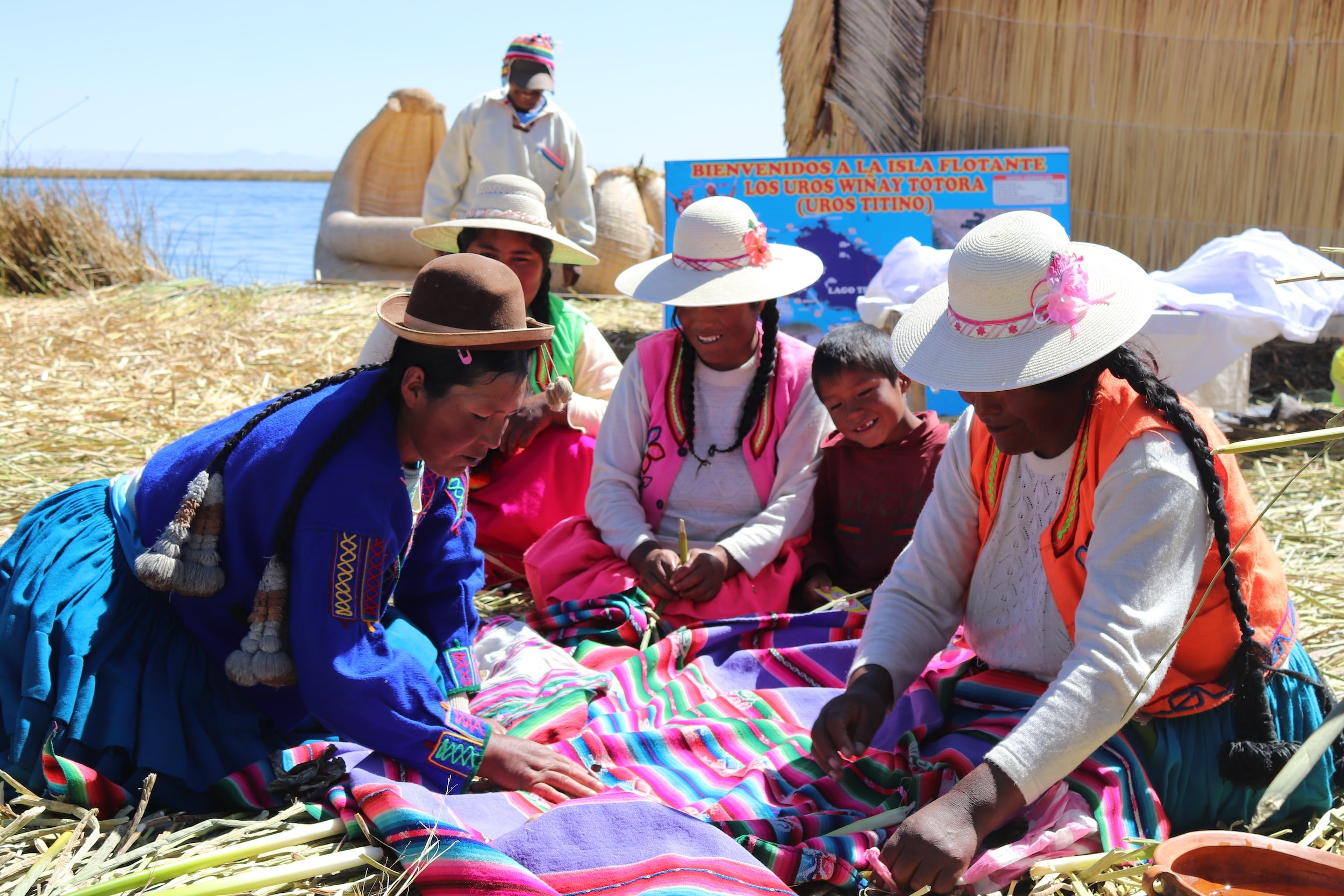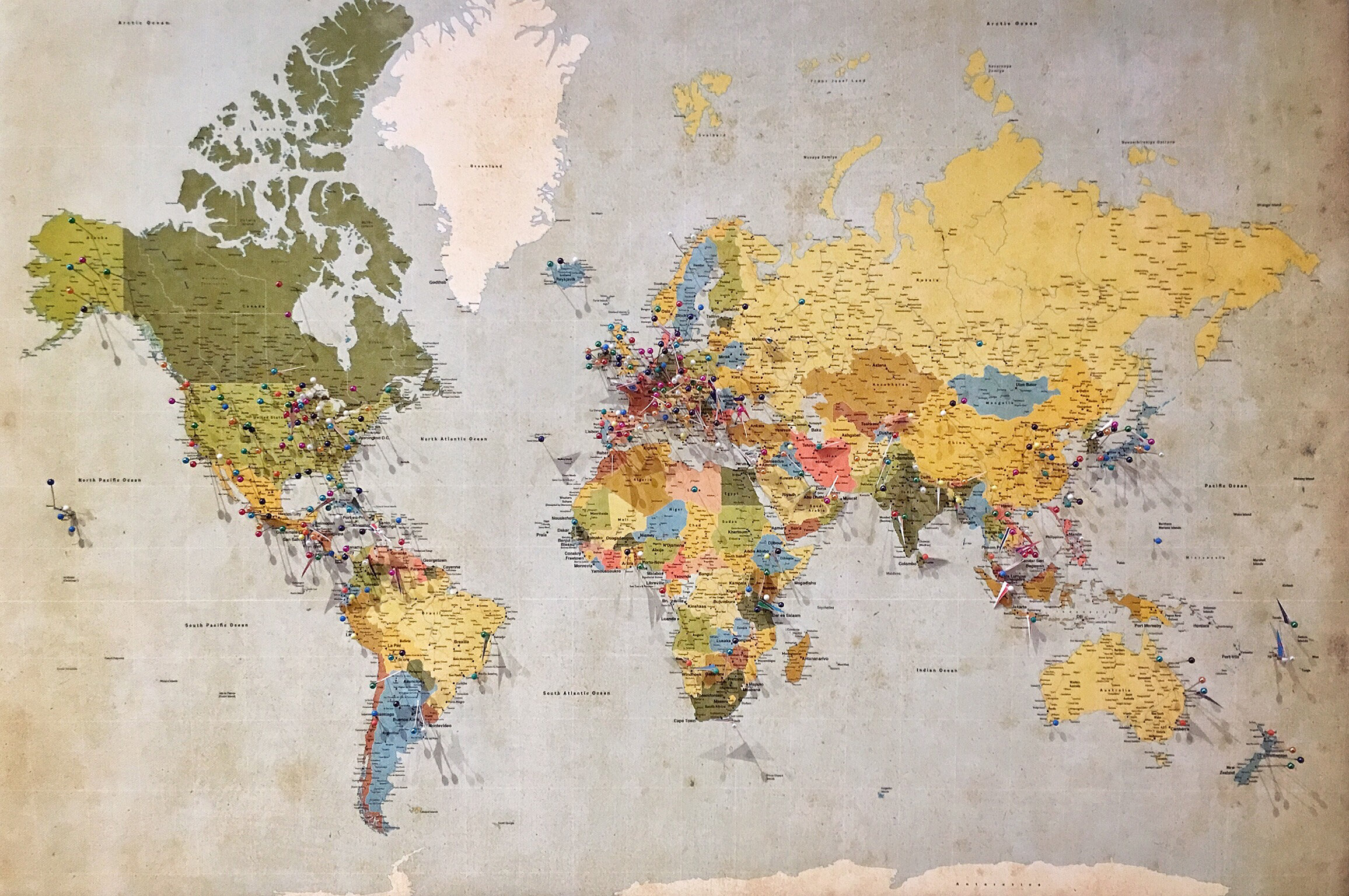Addressing Scientific Misconduct
This interview with Benson Honig was conducted in 2018 by Janet Salmons, Research Community Manager for SAGE Methodspace. The articles he mentioned are available open-access through ResearchGate links.
While many researchers are dedicated to conducting ethical research and socially-beneficial studies, we see an ongoing parade of retractions and scandals related to mishandling and misrepresentation of data. Two well-publicized cases from Harvard University and Cornell University are the latest demonstrations of the dark side of research. In order to create positive impact, accomplish social good, and restore credibility for the value of research, we need to look at issues within our own profession.
JS. Benson, I had the pleasure of working with you on the Academy of Management Ethics Education Committee. While your own research focuses on entrepreneurship around the globe, you have been an unflagging supporter for scientific and publication ethics. What motivates you to put so much time and energy into efforts to draw attention to these problems?
Dr. Benson Honig
BH. I got started on this initiative when I discovered that much of the ‘classic’ entrepreneurship literature that was well cited had significant methodological errors. It became apparent that many people were more interested in sweeping those errors under the rug than in discussing them. It occurred to me that we were becoming overly focused on top-tier publications at all costs – and under focussed on doing quality research. Discussing this with colleagues in other fields uncovered that many doubted the accuracy of “A” journal material. This led me to study academic plagiarism, where we found significant problems.
One study of plagiarism at Academy of Management, “The Fox in the Hen House: A Critical Examination of Plagiarism Among Members of the Academy of Management”, published in the Academy of Management Learning & Education (AMLE) journal had major impact. Now, most journals send their pre-published work thorough a plagiarism checker. This was not the case when we published – and I would argue was a direct actual impact of our journal article.
JS. Tell us a little about the process you used to engage other researchers in the development of the Academy of Management Perspectives article: "Reflections on scientific misconduct in management: Unfortunate incidents or a normative crisis?"
BH. We sent a provocative letter to some of the most high profile people we knew of. We had a surprisingly high response rate – I would say 75% of our contacts went along with the idea. Many knew us from other academic initiatives, but others just believed in the idea and collaborated. It shows the importance of this issue, particularly for the more experienced and successful scholars in our field.
JS. Many MethodSpace readers are involved in the publication process in some way, as editors, writers, or peer reviewers. What policies or practices do you suggest to reduce the prevalence of scientific misconduct?
“ it is personal integrity that drives good scholarship.”
BH. Being honest with ourselves is the first and most critical step. Today, nobody knows when you hypothesize after the results are known (“hark”). In the future, we might devise systems, but for now, it is personal integrity that drives good scholarship. If you have to change your hypotheses, just admit that in your paper – rather than pretend you knew all along.
JS. Many MethodSpace readers are instructors and/or research supervisors. What role can they play to prevent scientific misconduct in the next generation of researchers?
“We have to give much better ethical training, particularly as we have students from all over the world arriving with different ethical norms.”
BH. We have to give much better ethical training, particularly as we have students from all over the world arriving with different ethical norms. This means dealing publicly with some very controversial issues, such as whose name goes first on a paper, when, or even whose name should go on a paper at all. Senior scholars need to set an example, but we also must communicate our methods and ethical standards to the next generation. We have set up a system that invites corruption and manipulation. We need to be honest about that, and hope that the next generation can improve what we do.
JS. Anything else you would like to add?
BH. The most important issue is for us to begin discussing ethical issues in the open. Nearly everyone I talk to has had terrible things happen to them. We are all the walking wounded. This impacts and biases our behavior. We need to open up and discuss these situations, rather than carry them around with us or keeping them in the closet. The most important thing we can do is to air the ethical compromises we have personally experienced or observed, in order to reduce their frequency in the future.
More about Benson Honig
Dr. Benson Honig is the Teresa Cascioli Chair in Entrepreneurial Leadership at the DeGroote School of Business, McMaster University. Studying entrepreneurship worldwide, his research interests include business planning, nascent entrepreneurship, transnational entrepreneurship, ethics in scholarship, social entrepreneurship, social capital, and entrepreneurship in environments of transition. He has published widely in leading academic journals and the media, and serves on six editorial boards. Benson served as the Chair of the Academy of Management Ethics Education Committee; Janet Salmons succeeded him in that role.
























Informed consent is the term given to the agreement between researcher and participant. In this post Janet Salmons offers suggestions about the intersections of the Internet communications, ethics and participants.